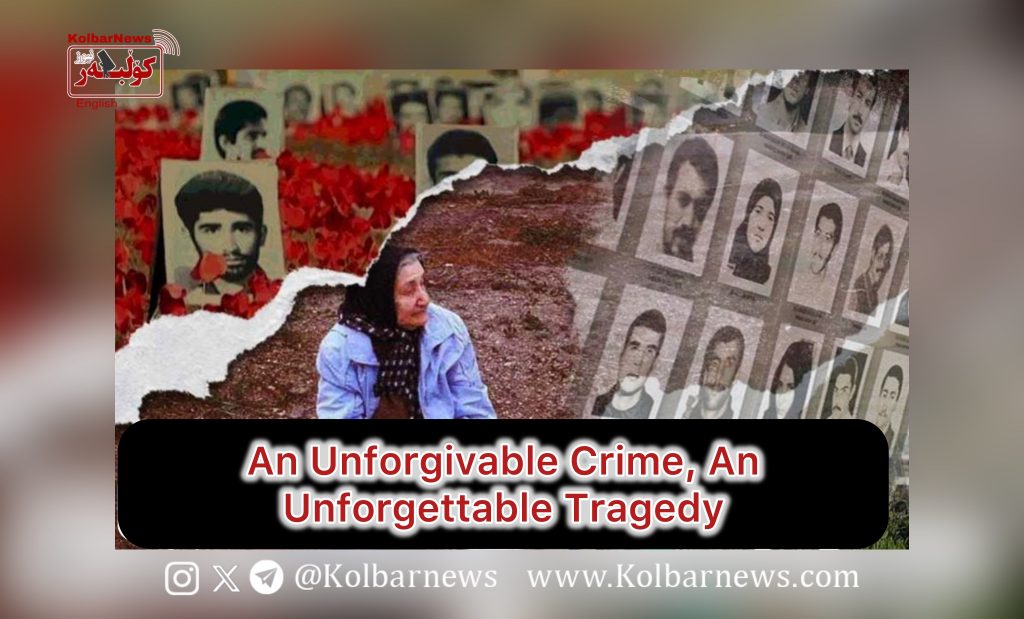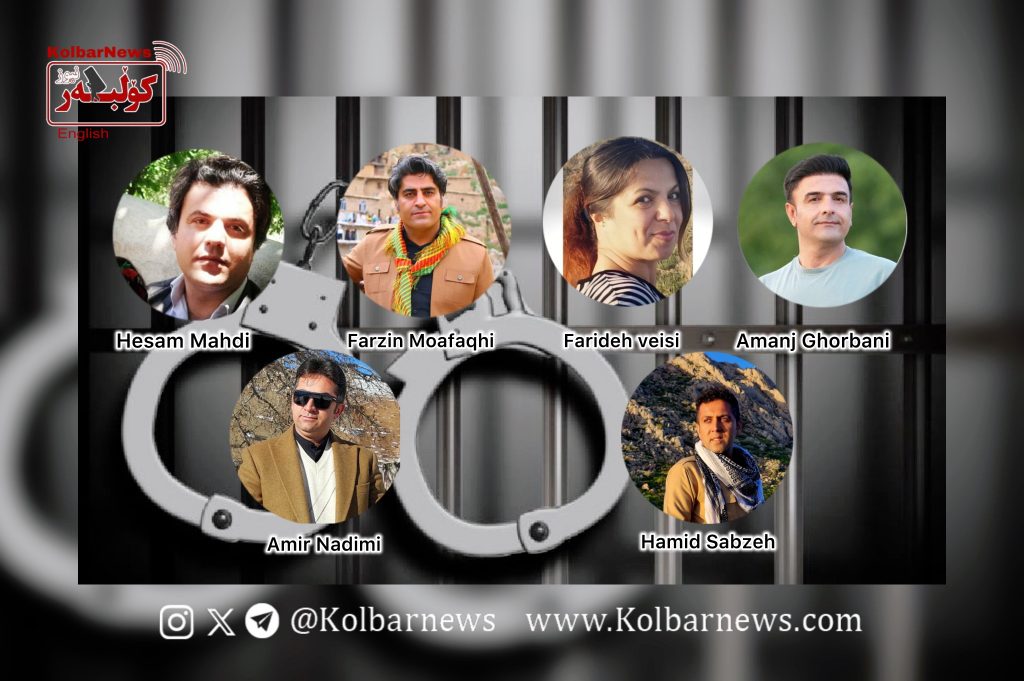
The month of Mordad arrives, remembering the thousands of revolutionary and idealistic fighters and the excruciating suffering of their families. Javaid Rehman, the UN Special Rapporteur on Human Rights in Iran, released a report marking this occasion. He described the massacre of young men and women in the 1980s, including the 1988 mass killings, as genocide and crimes against humanity.
In August and September 1988, the rulers, led by a fanatical and ruthless cleric named Khomeini, secretly hanged thousands of revolutionary and imprisoned activists, burying their bodies in unmarked graves and in complete media silence. There is no doubt that the spy cameras of both Eastern and Western imperialist forces and their ground spies were aware of the events; however, their vile and inhuman interests at the time prevented any news from leaking out. They only spoke out and prosecuted a criminal like Nouri when their interests dictated; and even then, it was because the brave, justice-seeking families had raised awareness to the extent possible. It is worth noting that imperialists and those who have renounced the crime still do not and will not remember the high ideals and the 1,100 communist prisoners who heroically stood by their humane and revolutionary positions in 1988.
The execution of revolutionary and bold children in captivity was an organized affair. The limited information from the memories of surviving political prisoners, regime officials, and media of the time shows that figures like Ahmad Khomeini, Rafsanjani, and Khamenei, along with their cronies in the three branches of government and the Revolutionary Guards, had planned and prepared for this crime years in advance. The so-called “Eternal Light Operation” by the People’s Mojahedin Organization provided these criminals with the opportunity to persuade the dying Khomeini to issue an execution order to complete the dossier of their crimes and political Islam. Having lost the war against Iraq, sacrificed hundreds of thousands of children and youth, and inflicted around a trillion dollars of damage on the country, they feared a popular uprising that could break the prisons and release thousands of staunch political prisoners and potential leaders.
We know that Khomeini assigned the task of determining the fate of political prisoners to a three-member commission, which the main murderers deemed necessary to include Raisi the butcher. These three, known as the “Death Committee,” killed prisoners simply because of their beliefs. In these Islamic regime’s inquisitional courts, questions like “Are you a Muslim? Do you believe in God? Do you believe in heaven and hell? Do you pray?” were asked. Prisoners whose answers were unsatisfactory to the Death Committee were immediately transferred to another room and from there to the gallows.
Today, due to super crises, failed policies, and continuous struggles of resilient workers, defiant women, militant retirees, justice-seeking plaintiffs, and other freedom fighters and anti-capitalist activists, Khamenei and the murderers of the courageous children of 1988 are compelled to bring a false opportunist and reformist claimant to power. They and their associates claim that one of their goals is to reconcile the people with the government. Of course, by people, they mean pro-Western capital owners, mainly in the private sector. Otherwise, they would subtly dissociate themselves from the genocide of the 1980s, especially the 1988 mass killings, and remember the thousands of brave, justice-seeking mothers who have exposed the Islamic regime’s crimes both in Iran and abroad. Naturally, one should not expect such confessions from Masoud Pezeshkian and his associates, who have all been complicit in the crimes of Khomeini’s gang in various ways.
The justice for those beloved souls, their families, and loved ones must first be sought from the profit-driven system that in underdeveloped countries like Iran requires religion, clerics, and crimes like the 1988 massacres. Achieving this is possible only if the working class and conscious, freedom-loving citizens organize themselves and overthrow this regime of ignorance and crime, both reformists and principlists, replacing it with a government where political prisoners are a thing of the past.

